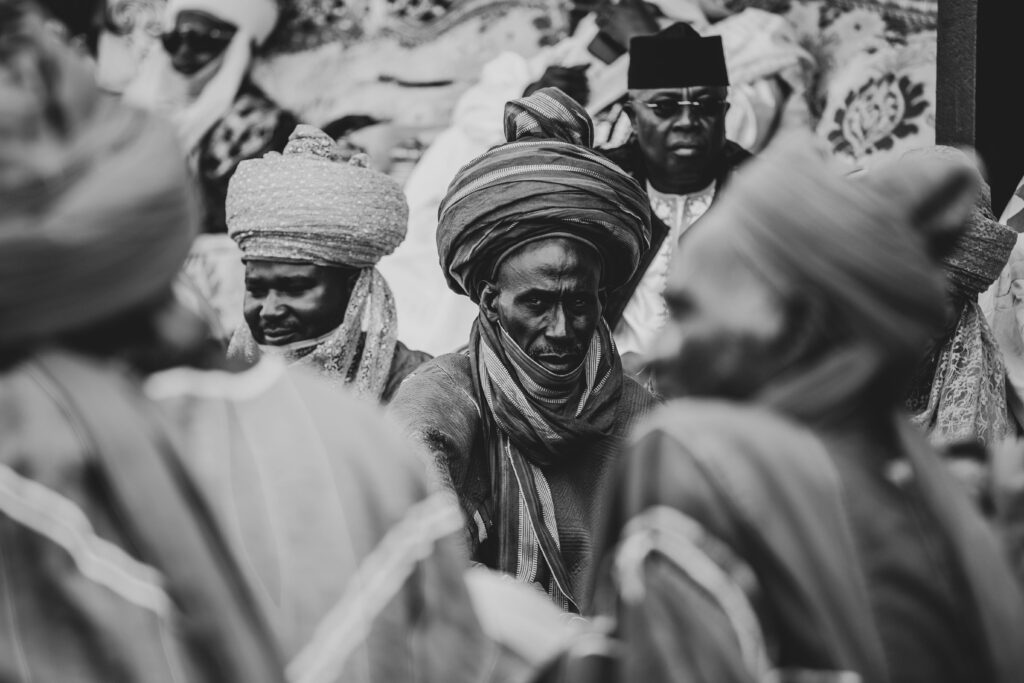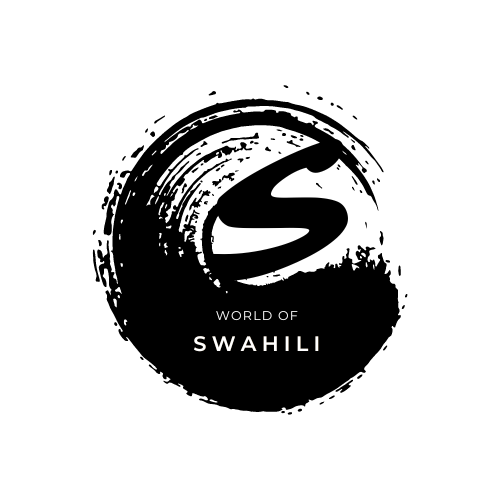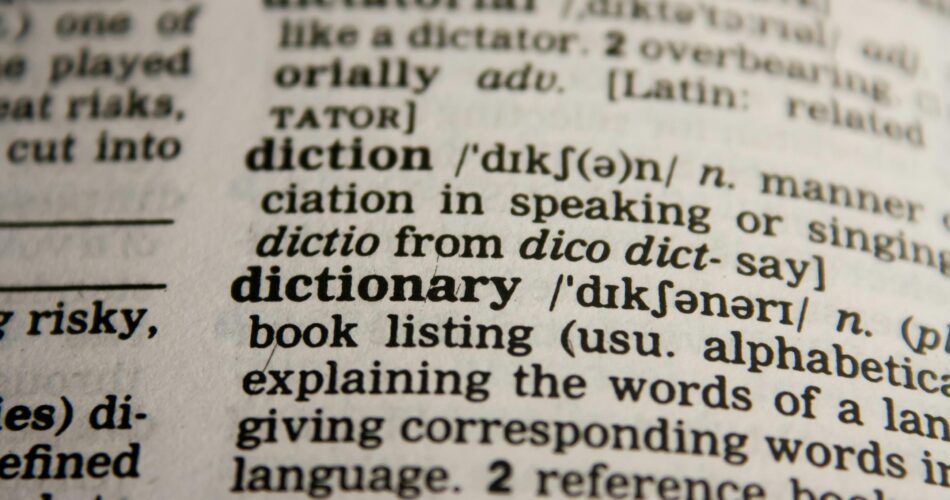Introduction to “Hiika mammaaksa”
Hiika mammaaksa: A Glimpse into Wisdom
Table of Contents
Hiika mammaaksa offer a rich tapestry of cultural insights, reflecting the values, experiences, and wisdom of the Oromo people. These concise sayings often employ metaphors and analogies to convey profound truths about life, relationships, and society.
Themes commonly explored in Hiika mammaaksa include:
Family and community: Hiika mammaaksa emphasize the importance of kinship, respect for elders, and communal harmony.
Work and ethics: They promote diligence, honesty, and the value of hard work.
Wisdom and knowledge: Hiika mammaaksa highlight the importance of learning, experience, and the power of observation.
Relationships and conflict: They offer guidance on building strong relationships, resolving disputes, and maintaining peace.
Examples of Hiika mammaaksa:
“Namni yeroo hunda sochiirra jiru yoomiyyuu hin dadhabu.” This proverb emphasizes the importance of perseverance and continuous effort.
“Mukni kophaa isaa dhaabbate bubbeen buqqisa.” This proverb highlights the value of community and mutual support.
“Beekaan dogoggora namoota biroo irraa barata.” This proverb encourages reflection and the ability to learn from the experiences of others.
Hiika mammaaksa serve as a valuable resource for understanding the Oromo worldview and cultural heritage. They continue to be passed down through generations, preserving the wisdom and traditions of this ancient people.
Hiika mammaaksa A Legacy of Wisdom

“He brought wisdom from the ancestors” Such a person is often a storyteller and Hiika mammaaksa, using parables and tales passed down through the ages to convey deeper meanings. He might share lessons on patience, resilience, respect for nature, and the importance of community—concepts that the ancestors understood as the foundations of a harmonious life. His wisdom is not just about knowledge but also about a way of seeing the world Hiika mammaaksa that values balance and harmony over conflict. Through these teachings, he reminds us that the answers to many of our current problems might already lie in the experiences of those who came before.
In a time when society is often focused on progress and the future, his connection to the past is a reminder of the importance of tradition. He brings the Hiika mammaaksa ancestral wisdom to light not to resist change but to offer perspective, grounding us in values that have stood the test of time. His teachings encourage us to move forward with a sense of purpose that is guided by the lessons of history. In this way, he is both a guardian of the past and a guide for the future, helping others navigate the complexities of modern life with the enduring knowledge of the ancestors.
Best Of Hiika mammaaksa 2025
Here’s a table with the translations and meanings of the additional Hiika mammaaksa enjoy it
| Hiika mammaaksa | English Translation | Meaning |
|---|---|---|
| Daddaftee na dhungatteef dhiirsa naa hin taatu jette sanyoon | “You quickly kissed me, but that doesn’t make you my husband,” said the bean plant | Quick actions don’t necessarily lead to long-term commitment or change. |
| Daalun xaraan kaanu tara | The lean cow eats more than the fatter one | Those who seem to have little often demand more or consume the most. |
| Dabeessa uleen (jirmi) shan | The weak person gets hit five times | Those who are vulnerable often suffer the most or are repeatedly targeted. |
| Dawaa ofii beekan namaa kadhaamu | One who knows his own medicine begs from others | People often seek help from others even when they already have the means to help themselves. |
| Deegan malee Waaqayyo hin beekani | Without being needy, one does not know God | True faith and reliance on a higher power often come during times of need. |
| Dhabaaf malee sombi kan sareeti | Except for the lack of it, the bone belongs to the dog | When resources are scarce, those who need them most should have priority. |
| Dhamaatuun dhama raaftee ro’ootu (weessootu) na dide jetti | The bee stirred the beehive and said the goats refused me | Those who stir up trouble often blame others for the consequences. |
| Dhiira jirtuu dhiirummaa hin dhuunfatan | A man’s masculinity isn’t owned by any one person | Strength or capability is not monopolized by a single individual. |
| Dhiirsaa fi Niitiin muka tokko irraa muramu | Husband and wife are cut from the same tree | Couples are similar in character or are naturally connected. |
| Dhiirsi hamaan maaf hin nyaatin jedha niitii dhan | The bad husband asks, “Why don’t you eat?” to his wife | People who mistreat others often pretend to care. |
| Dhuufuun waliin mari’atanii dhuufan hin ajooftu | Those who discuss together before eating won’t choke | Planning and agreement prevent problems in the future. |
| Diimina haaduun nyaatan, diimaa arrabaan nyaatu | They eat green food with salt but consume red food with their words | Actions might differ significantly from words or promises. |
| Dinnichi bakka gobbitetti hordaa cabsiti | The donkey breaks down where it is overloaded | Overburdening someone eventually leads to their breaking point. |
| Doqnaa fi garbuu sukkuumanii nyaatu | Barley and maize are ground and eaten | Combining efforts or resources leads to better outcomes. |
| Dubbii baha hin dhorkan galma malee | Do not block words from coming out unless they are going somewhere | Words have purpose and should not be stopped unless there’s a reason. |
| Dubbii jaarsaa ganama didanii galgala itti deebi’an | They rejected the elder’s words in the morning but returned to them in the evening | Wisdom is often ignored at first but valued later on. |
| Dugda hin dhungatan, hunda hin dubbatan | Do not kiss the back, do not say everything | Not every situation requires excessive praise or complete honesty. |
| Dullachi waan garaa qabu alba’a | The old man has hidden matters in his belly | Elders have wisdom or experiences that they do not openly share. |
| Durbaa fi jiboota garaa gogaa leenjisu | Young girls and antelopes are trained with their stomachs | Hunger and desire can lead to discipline and learning. |
| Dureessi kenneef deegaa hudduun dhukkubdi | The rich give but the poor feel the pain in their backs | The generosity of the wealthy often costs the poor much more. |
| Duulli biyya wajjinii godaansa | War in one’s own country leads to migration | Conflicts force people to leave their homeland in search of peace. |
| Du’aan dhuufaa jennaan kan bokoke dhiisaa jedhe | When death was approaching, he said, “Leave the cold one” | People often focus on what matters most when facing difficult times. |
These Hiika mammaaksa reflect various aspects of human nature, wisdom, relationships, and cultural values in Oromo society.




